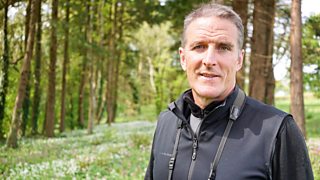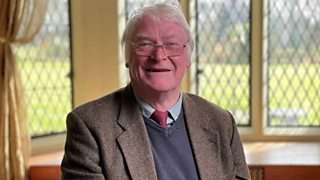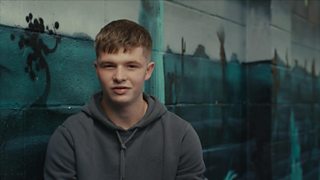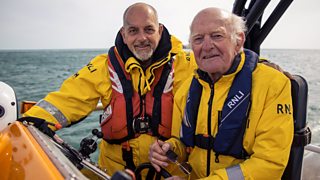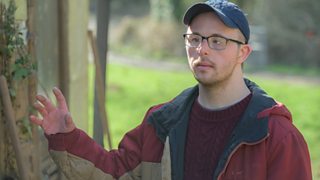Connecting with nature during Covid-19
1 July 2021
Ahead of the brand new series Iolo’s Pembrokeshire, we caught up with Iolo Williams, presenter and wildlife expert while he had a short break from filming Springwatch.
We chatted to him to find out his thoughts on how nature has fared during lockdown and how to get the younger generation interested in wildlife…

Reflecting on how nature has fared during lockdown, Iolo says:
“I think nature had an opportunity to an extent to recover during lockdown, in that a lot of these areas were left undisturbed. Some of the headlands which are usually heavily trodden and busy with visitors were allowed a few months respite so yes, I think nature did recover but it was a short term thing as well because by the end of July, people were back on the coast en masse.”
He also talks about how there was a greater connection with nature during these times:
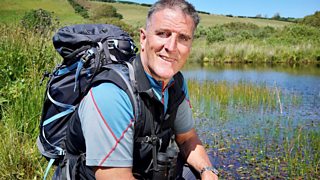
“I think people have connected more with nature because we were forced to stay at home. Children had to be educated at home and of course, it’s a nice option to take them out to the garden or on short walks to show them some of the wildlife. And I think children and parents learned a lot about nature or at least became interested in nature. There have been so many comments about there being more birds singing or birds singing louder. I don’t think that’s true, I just think people felt more connected with them and listened to them, maybe for the first time.”
When thinking about how we get the younger generation interested in wildlife Iolo’s advice is:
“Make it interesting. I wasn’t a good one at school. I was bored in school because I was bored with what I was being taught and the way it was being taught. If we can get youngsters out and about into nature, if we can get them to pick up a newt or a frog or show them snakes, things they’re going to think are cool, like a tiger beetle with huge jaws and you explain, if that was our size, it would be cutting cows in half. If you can explain things properly and get them hooked at a young stage, then even if they forget it for a while when the hormones kick in, it will come back to them later on. So I think all of us have a responsibility to get youngsters out and also to teach nature in the right way – make it cool, make it exciting, make it funny for them.”
-
![]()
Watch Iolo's Pembrokeshire on ±«Óătv iPlayer...
Iolo Williams explores Pembrokeshire’s stunning secret spots and tracks down the amazing wildlife living there.
